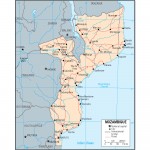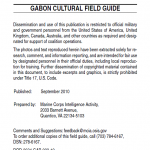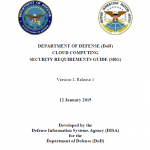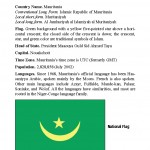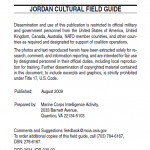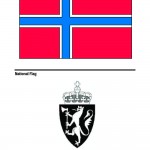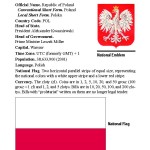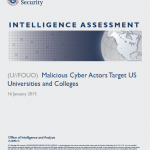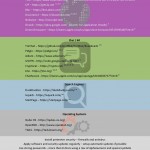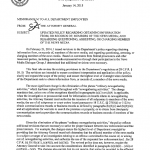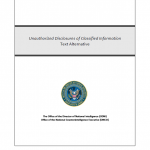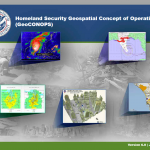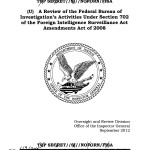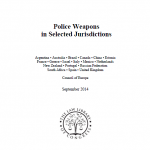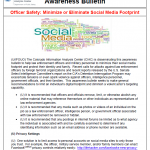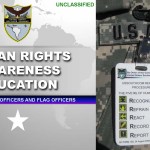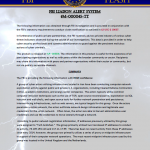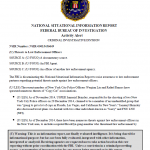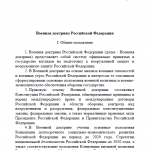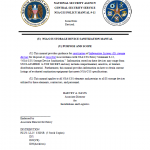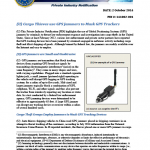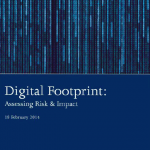
To facilitate efficiency and effectiveness on a global scale, massive amounts of data are stored and processed in systems comprised of hardware and software. Each digital transaction or interaction we make creates a digital footprint of our lives. Too often, we don’t take the time to assess not only the size of our digital footprint, but what risks are involved in some of the choices we make. Our data lives in our social media profiles, mobile devices, payment accounts, health records, and employer databases among other places. The loss or compromise of that data can result in an array of impacts from identity theft to financial penalties, fines, and even consumer loyalty and confidence. This results in both a shared risk and therefore shared responsibility for individuals, businesses, organizations and governments. The following product is intended to facilitate awareness of one’s digital footprint as well as offer suggestions for a unified approach to securing that data. This is not an all-encompassing product, but rather offers discussion points for all that hold a stake in the security of our data.
Read more →
